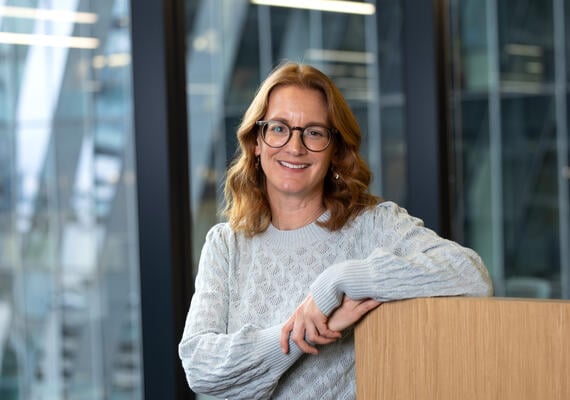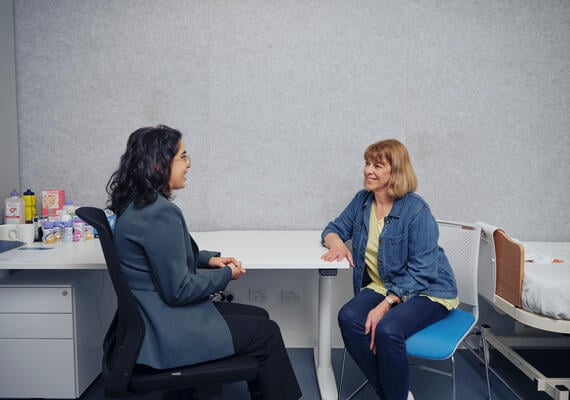IPAN, which comprises four research domains, one joint department and a research centre, carries out research that is ranked well above the world standard and addresses all life stages, from pregnancy to old age. We conduct high-tech lab research right through to evidence-backed policy, program and implementation work. This includes metabolism, physiology, clinical and behavioural studies, and community and population-based studies.
Baker-Deakin Department of Lifestyle and Diabetes
A partnership between the Baker Heart and Diabetes Institute and the Institute for Physical Activity and Nutrition (IPAN), the Baker-Deakin Department of Lifestyle and Diabetes was established to advance research into one of the greatest health challenges of our time – the prevention and management of type 2 diabetes.
The Department develops effective evidence-based lifestyle approaches to address the growing prevalence of type 2 diabetes, drawing on the institutes' shared interests and expertise in physical activity, sedentary behaviour, nutrition and chronic disease management research.
Centre for Sport Research
The Centre for Sport Research (CSR) is focused on influencing practice in sport to enhance the health and performance of people and organisations participating in sports.
CSR researchers are experts in sport, exercise and health from various faculties within Deakin.





